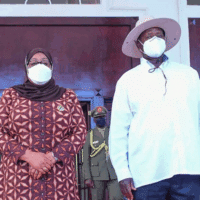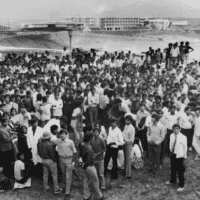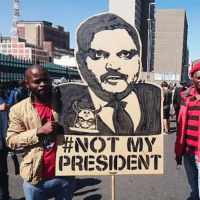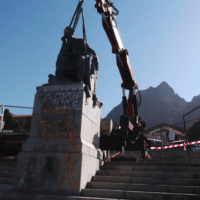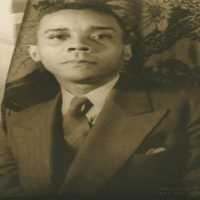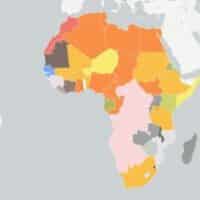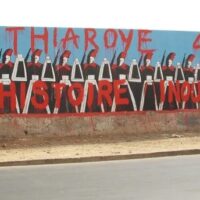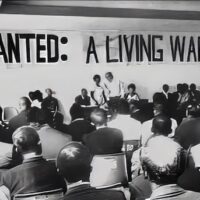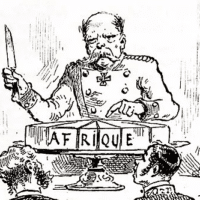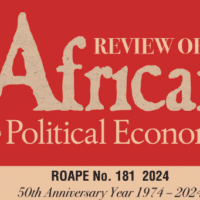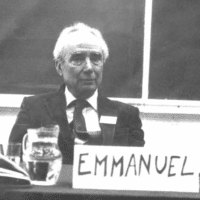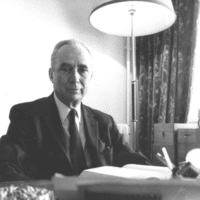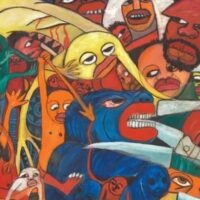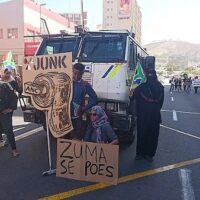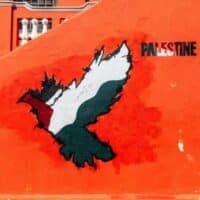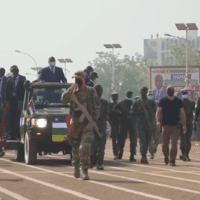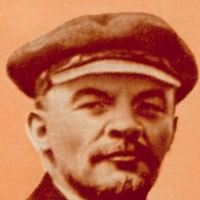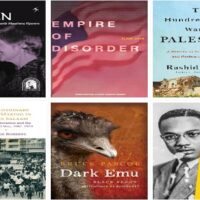-
The Condor Playbook: East Africa’s transnational crackdown on dissent
Mohammed Amin Abdishukri offers a compelling account of recent coordinated transnational repression targeting cross-border activism by East African activists in Tanzania, Uganda, and Kenya.
-
Anti-apartheid activism and the discipline of geography
Geographers working in South African universities in the 1980s were part of a segregated system in which institutions were designated for each of the so-called ‘racial groups’: Black African (also divided further by language group), Coloured, Indian, and White.
-
Oligarchy and the subversion of democracy–warnings from South Africa
The world has an oligarchy problem.
-
The day Rhodes fell: Ten years after
Ten years after one student’s bold action a month earlier inspired protests which led to the removal of Cecil John Rhodes’ statue at the University of Cape Town (UCT), Heike Becker recounts this historical occasion by linking this as well as subsequent and earlier protests to broader conversations about decolonization and concerns about racism, marginalization and inequality.
-
Amazing facts about CLR James’ African Studies
Matthew Quest questions why C.L.R. James is not widely recognized as a founder of African Studies.
-
Plundering Africa–Income deflation and unequal ecological exchange under structural adjustment programmes
Presenting new research, Dylan Sullivan and Jason Hickel mount a devastating critique of the impact of structural adjustment in Africa in the 1980s and 1990s. Drawing on recent data on Africa’s material resource use, Sullivan and Hickel show how during this period structural adjustment programmes led to a significant increase in ‘unequal ecological exchange’, a process whereby African countries were compelled to export more materials, energy, and other resources than they received in imports. The difference between the two, Sullivan and Hickel argue, represented a transfer of real tangible materials from Africa to the capitalist world economy, for free.
-
Interview with Mamadou Koné – A long, tragic history of the Senegalese Riflemen: A story of colonial racism and murder
In this interview, Mamadou Koné, curator at the Musée historique des forces armées du Sénégal, looks back at the long history of the Senegalese riflemen, the African troops employed by the French army during the colonial period.
-
An interview with David Hemson – lessons from the South African liberation struggle
ROAPE’s Peter Dwyer interviews the South African socialist David Hemson. Hemson was a leading labour militant and trade unionist during the mass working class uprising and strikes in Durban in 1973. In this introduction to the videoed interviews, Peter Dwyer discusses working class politics and the struggle against apartheid in South Africa, a history often forgotten or marginalised in popular accounts.
-
Carbon markets and the new scramble for African land
Writing for ROAPE, Thelma Arko argues that while often presented as a solution to the climate emergency, the growth of carbon offset markets are fueling a new scramble for African land and perpetuating colonial-era exploitation. We must move beyond market-based solutions, Arko urges, to embrace strategies that centre on social equity, ecological integrity, and the rights of local communities.
-
Imperialism and Africa
ROAPE’s Ray Bush introduces Volume 51 Issue 181 of the journal, a special 50th anniversary issue on imperialism and Africa.
-
Arghiri Emmanuel, the Free Republic of Congo, and socialism–not capitalism–first
Lumumba had seen hope in the African diaspora to invest what capital and skills it had in building the Congo. Arghiri Emmanuel made similar recommendations to Antoine Gizenga, Lumumba’s former deputy prime minister who led the rebel socialist Free Republic of Congo from December 12th 1960 to January 1962.
-
Arghiri Emmanuel, the law of unequal exchange, and the failures of liberation in the DR Congo
Writing about Arghiri Emmanuel’s Unequal Exchange, Jairus Banaji noted that it is “the closest Marxist counterpart I can think of to Fanon’s Wretched of the Earth”.
-
“Voices for African Liberation”
In 1974, 50 years ago, the newly launched Review of African Political Economy (ROAPE) journal boldly announced its intentions in the first editorial, “Appropriate analysis and the devising of a strategy for Africa’s revolution must be encouraged and we hope that the provision of this platform for discussion will assist that process”.
-
AI and the digital scramble for Africa
We are told that Artificial intelligence (AI) has the potential to be a powerful tool for advancing democratic concerns and human rights across Africa. Yet, there are also early indicators that AI could undermine democratic institutions and processes, especially if these technologies prioritise colonial-capitalist development trajectories. Scott Timcke looks at some of the issues at stake.
-
The beginning of the end of the ANC
For the first time in South Africa’s 30 years of democracy, the African National Congress (ANC) failed to obtain a majority of votes making a coalition with other parties imminent. Luke Sinwell considers the consequences, and discusses the emergence of a new party, MK, led by Jacob Zuma. Sinwell looks at what has happened to the left, and its repeated failure to make any serious inroads into South Africa’s political scene.
-
Palestine, too, shall be free–the liberation of all oppressed people in the whole of Africa and the world
Israel, as a settler colony, perceives Palestine as ‘empty land’, empty of people, culture, history and a future. Busani Ngcaweni argues that Palestinians are denied an identity and have become dis-membered, without a home, state or nation. There are striking similarities, Ngcaweni explains, between Israel’s ideology of racial subjugation by a ‘God-chosen people’ and apartheid South Africa’s belief in racial and religious superiority over an inferior black race.
-
An interconnected whole–an interview with Mark Duffield
ROAPE interviews Mark Duffield about his life and work.
-
The Central African Republic–the end of Françafrique and the return of imperialist competition
The Central African Republic has, despite being at the centre of the continent, been a country on the margins of global power since independence. Despite a conflict which has lasted for more than a decade, the country remains largely ignored. Ben Jackson writes that while African conflicts are often underreported, for example the war in Sudan barely gets a mention, the situation in the Central African Republic demands our attention.
-
Learning from Lenin today
One hundred years since Lenin’s death, Nigerian socialist Abiodun Olamosu describes of the revolutionary on his own political development. As the preeminent organiser of the Russian revolution, Lenin helped to determine the course of Olamosu’s life in Nigeria. Olamosu explores the development of Lenin’s work and legacy. He regards Stalin’s rise to power, and the Soviet Union, as an abomination to the body of ideas of Marxism and socialist internationalism.
-
ROAPE’s 2023 best reads for African radicals
Last year, for the first time on roape.net, members of ROAPE’s Editorial Group offered some of our favourite radical reads from 2022, new and old, fiction and non-fiction.

